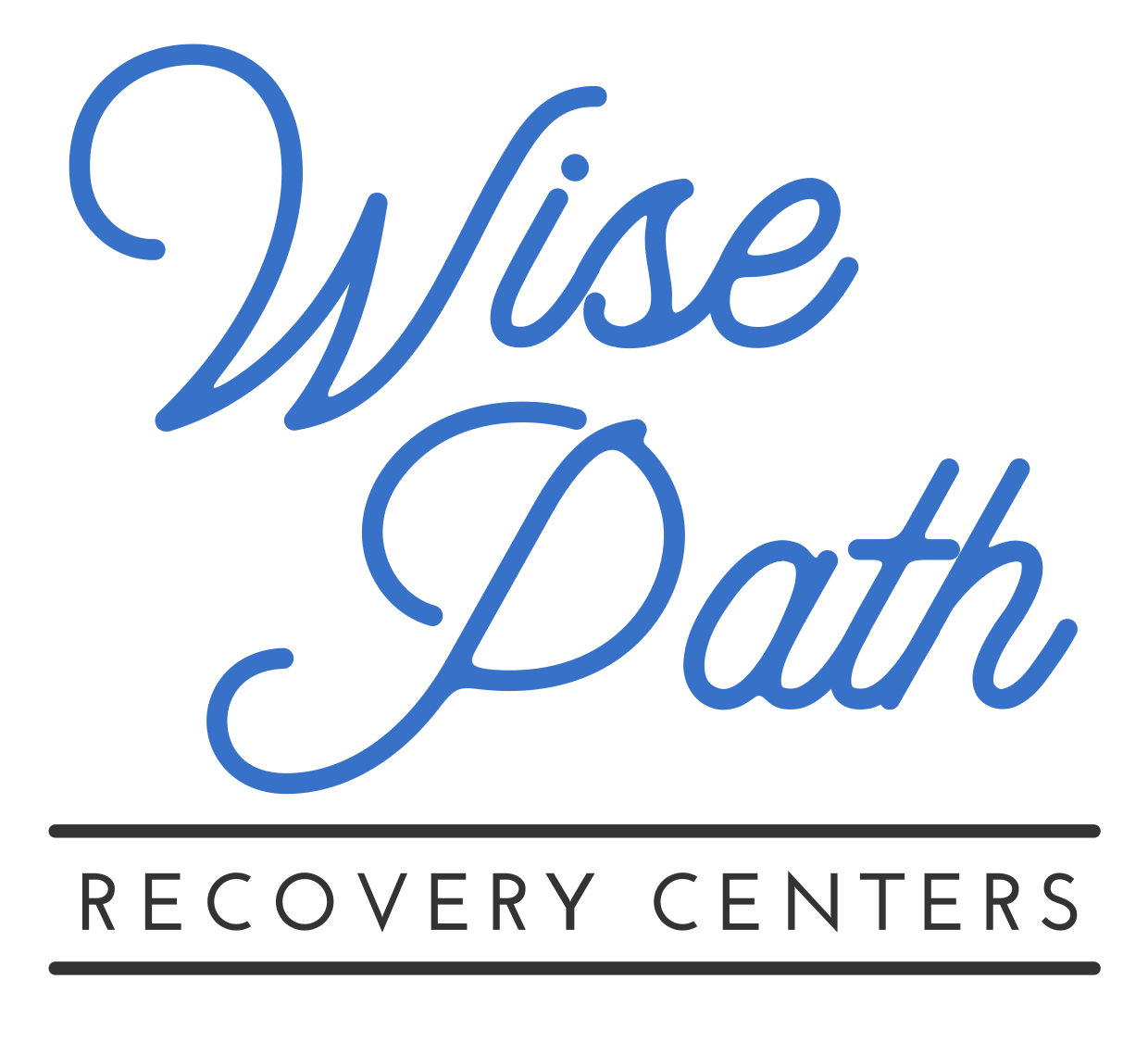Not everyone who drinks has a problem, but for many people, the line between casual use and alcohol abuse is not always clear. You might start to wonder whether your relationship with alcohol is still in your control or if it has started to take something away from your health, peace of mind, or daily life.
Understanding the early signs of alcohol abuse can help you take a clearer look at your habits and make informed decisions about what comes next.
Recognizing the Early Signs of Alcohol Abuse
Some of the most common signs of alcohol abuse are easy to overlook. They can include drinking more than you intended, hiding how much you drink, or feeling guilty afterward. You might also find yourself needing alcohol to relax, sleep, or cope with stress.
Other early signs include:
- Frequently thinking about when you will drink next
- Drinking alone or in secret
- Neglecting responsibilities at work or home
- Feeling irritable or anxious when you are not drinking
If any of these feel familiar, it does not necessarily mean you are addicted, but it may be a sign that alcohol is beginning to interfere with your life in ways that deserve attention.
The Slippery Slope of Denial and Normalization
It is common for people to minimize or explain away their drinking. After all, alcohol is a normal part of many social settings, especially in regions where it is embedded in community traditions. But just because something is common does not mean it is harmless.
Understanding what is considered normal versus what is harmful often starts with education. If you are unsure about your limits or legal implications, this west virginia alcohol laws guide may help provide context on the laws and cultural norms in the area.

How Alcohol Affects Your Body and Brain Over Time
Over time, alcohol can change the way your brain processes emotions, memory, and decision-making. Physically, it can impact your liver, heart, sleep, and immune system. The longer heavy drinking continues, the more likely it is to lead to tolerance, dependence, and eventually addiction.
Even moderate use can become problematic when alcohol becomes a regular coping tool. When emotional discomfort or daily stress becomes the reason for every drink, it is time to take a closer look.
Signs of Alcohol Abuse That Should Not Be Ignored
If you are asking yourself whether your drinking is a problem, that question alone is worth listening to. Here are more serious signs that alcohol may be interfering with your health and well-being:
- Blackouts or memory loss
- Drinking despite health issues or medications
- Withdrawal symptoms like shaking, sweating, or nausea
- Risky behaviors such as driving under the influence
- Strained relationships due to drinking patterns
These warning signs can be subtle or serious, but all of them point to a need for change. Addressing alcohol abuse early can prevent deeper issues from developing.
Drug & Alcohol Rehab and
Addiction Treatment in West Virginia
Get in touch with our recovery center today at 866-860-9772
Detox and Support for Alcohol Use
If stopping feels harder than you expected, you are not alone. When physical dependence is present, quitting alcohol suddenly can be dangerous. A safe and supervised detox process can help manage the physical symptoms while keeping you comfortable and safe.
If you are noticing signs of alcohol abuse in your daily life, such as trouble limiting how much you drink or feeling unwell when you stop, those are important signals. At Wise Path Recovery Centers, we offer alcohol and drug detox in West Virginia for individuals who want a safer and more supported way to begin recovery. Medical care, compassion, and a calm environment can help make that first step feel more manageable.
You Do Not Have to Hit Rock Bottom to Get Help
You do not need to wait until everything falls apart before reaching out. If alcohol is beginning to make your life harder rather than easier, that is enough reason to seek change. Whether you are looking to cut back or stop altogether, there is support available.
Recognizing the signs of alcohol abuse early can lead to a better outcome. Starting the conversation may feel intimidating, but it could be the moment that begins your healing. You deserve help that meets you with care, not judgment.
Drug & Alcohol Rehab and
Addiction Treatment in West Virginia
Get in touch with our recovery center today at 866-860-9772
A Supportive Place to Begin Healing
Recovery begins with awareness and honesty. If you are questioning your relationship with alcohol, that is already a strong and brave step forward.
At Wise Path Recovery Centers, we offer a full range of services designed to meet you where you are. From medical detox to therapy and long-term support, we are here to help you find clarity, balance, and the tools for lasting change.
FAQs About Alcohol Abuse
How do I know if I have a drinking problem or just drink socially?
If drinking regularly leads to negative consequences like health issues, missed responsibilities, or strained relationships, it is worth exploring further. Social drinking should not create disruption in your life.
Can I recover without going to rehab?
Some people begin recovery with outpatient care, counseling, or peer support. Others need more structure to stabilize and heal. The best path depends on your situation and what kind of help feels right.
What if I drink to cope with stress or anxiety?
This is common, but it can become a cycle that is hard to break. Therapy and healthy coping strategies can help you manage stress without relying on alcohol.
Is alcohol withdrawal dangerous?
Yes, especially for people who have been drinking heavily for a long time. Symptoms can range from discomfort to life-threatening complications, which is why medically supervised detox is often recommended.
What kind of help is available in West Virginia?
Wise Path Recovery offers detox, therapy, and full support for people navigating alcohol addiction. Whether you need residential care or outpatient support, we can guide you through the next steps.

